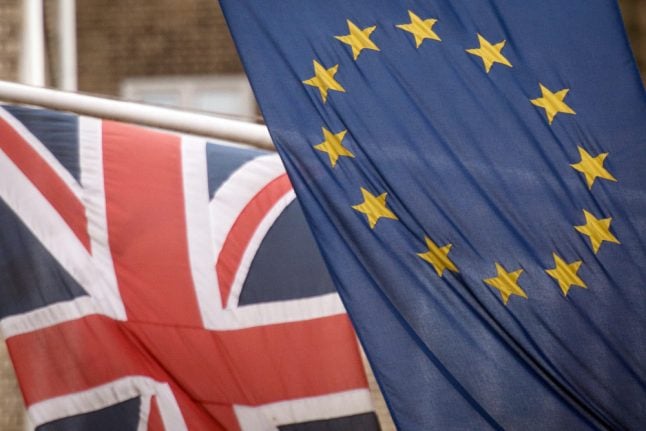In the wake of Brexit, 14 percent of UK companies say they will relocate some or all of their activities to Europe, with Germany being the most attractive nation for businesses, a new study shows.
The survey, published by professional services firm EY on Tuesday, showed that 54 percent of companies in the UK now see Germany as the most attractive destination in Europe, followed by the Netherlands (33 percent).
More foreign investors are looking to increase their investments in Germany after Brexit, the study also shows. Due to the potential volatility of the markets in the UK, Germany seems to be offering a more secure alternative.
In the survey of 254 senior business executives with foreign investments, 56 percent planned on growing their presence in Europe post-Brexit. Of that 56 percent, 21 percent said they planned on increasing operations significantly.
This is a big difference compared to a previous survey done in May 2016 before the Brexit vote, when only 31 percent said they had a positive investment outlook for Europe.
Of those recently surveyed foreign investors, 40 percent saw Germany as being the most attractive investment destination, up 2 percent on last year.
The survey also highlighted what foreign investors like about Europe, citing its talent, capacity for innovation, and its large, integrated market. Britain's exit from this single market might explain the move of investors towards Germany and the rest of Europe.
Foreign investors were also attracted by the resurgence of Eurozone markets, which grew by 1.7 percent overall in 2016, despite Brexit and the looming elections in France, the Netherlands, Italy, and Germany.
The survey shows more potential uncertainty for investors after Britain's referendum result, with 71 percent of companies reporting at least one area of operations being affected. Perhaps even more worrying is the revelation that only 4 percent of senior executives say they were well-prepared for Brexit, and that one in ten companies say they have no plans for when the UK leaves the EU.
However, Brexit was not the biggest worry for investors, with political instability in the European Union and the potential breakup of the EU still top of the list of concerns.



 Please whitelist us to continue reading.
Please whitelist us to continue reading.
Member comments